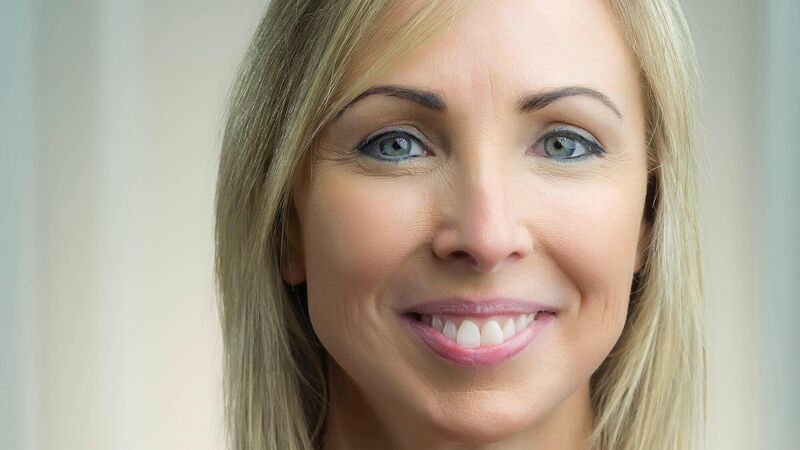Data protection watchdog in dispute with Dáil committee over 'inaccurate data' in report

Helen Dixon, the Data Protection Commissioner.
An Oireachtas Committee has told the Data Protection Commission it is “satisfied” with how it produced a report which the DPC has claimed, in a letter sent almost 18 months after it was published, contains “a number of inaccuracies”.
In the report, published in July 2021, the Oireachtas justice committee said it fears “citizens’ fundamental rights are in peril” and said it had “serious concern” over reports of “particularly slow progress of some cases being handled by the DPC”.










